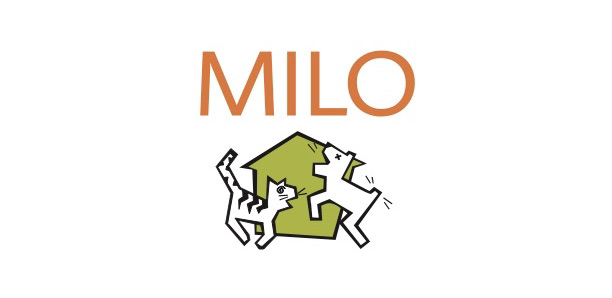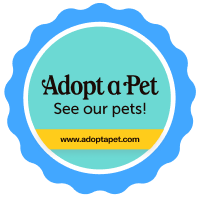Canine Parvovirus – Please Keep Your Pups Safe Out There!
Canine Parvovirus, aka “Parvo,” is a highly contagious virus that is extremely dangerous to puppies and unvaccinated dogs. Parvo is generally “out in the world” and healthy vaccinated dogs are not at risk of contracting it, but we have recently seen an outbreak in the greater East Bay community, as well as areas to the south, and want to share information so that we all can ensure the safety and health of our pups – and yours!
Parvo is spread through the stool of infected dogs. It can live in the environment for years, in parks, sidewalk plantings, front yards, even on the street and other public areas, anywhere that an infected dog may have been.
The good news is that there is a vaccine for Parvo, and a properly vaccinated adult dog is safe in the community. The Parvo vaccine is part of a broader vaccine known as DHPP, which stands for “Distemper, Hepatitis, Parainfluenza and Parvovirus” – or DHLPP, which adds the vaccine for “Leptospirosis.” Young adult dogs typically have an annual DHPP or DHLPP vaccination, which protects them from these illnesses. As dogs age, their immunity keeps up and a vaccine every three years suffices.

Puppies are especially vulnerable to illness and especially to Parvo – they have undeveloped immune systems and need a series of vaccinations to create immunity. Pups will get a series of up to 5 vaccines starting as early as 4 weeks old, through 5 months of age. During this time period it is extremely important that puppies are not exposed to the virus, and thus a puppy should not walk outside in the community, for instance on the sidewalk in the neighborhood, until they have had at least 3 vaccines. After their fourth vaccine, they are considered ready to go to the dog park or other grassy places, hiking trails etc. The reason for these stages is because Parvo lives even longer in the earth than it does on a hard surface such as concrete or brick.
Milo vaccinates all the dogs who come into our program, in accordance with their age and any known vaccination history. The incubation period for Parvo is typically 10-14 days and getting puppies through Parvo is devastatingly expensive (~$5-10K) and not always successful. We encourage all dog guardians to vaccinate and be careful with their pups! The first signs are lethargy and lack of appetite, then vomiting and very foul diarrhea. Parvo attacks the intestinal tract in a horrific way, and it is literally gut wrenching, bringing a slow and painful death for the pups that don’t survive the days in ICU at 24-hour-care Veterinary establishments.
Sometimes, when one adopts a new pup, one may be tempted to get them out in the world, meeting people and other dogs. Socialization IS critical for pups at a young age, but it should be done with considerable care. For instance, a not-fully vaccinated pup may welcome healthy, vaccinated canine buddies to their own home or yard, to have a visit; however, there is some smaller risk in the event that, if those dogs frequent dog parks they too can track things home, so indoor spaces are better for the minimally vaccinated pup. Or you may want to take your pup out to meet some people, which can be done as long as you keep your pup off the ground – basically have the fun of carrying your pup, perhaps in a baby sling, to meet the neighbors and make some friends. In addition, with new pups, it is best practice to remove one’s shoes before entering the house, to prohibit any possible exposure being brought into the home. There are other helpful measures such as a spray bottle with a bleach solution for the soles of shoes. Certainly, NEVER let puppies chew on or lick shoes!
Truly, a few months of vigilance at the beginning of a pup’s life is worth a lifetime of health and happiness out in the world – hiking, playing, visiting parks and friends, and doing all those adventurous things that your dog, and you, love to do.
For those interested in more information, a leading resource generally and in California is the Koret Shelter Medicine Program at the UC Davis School of Veterinary Medicine, which has guidance regarding canine parvovirus and specifically as it relates to shelter best practices. Information can be found HERE.


